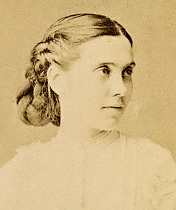There was a particular scene in Francis Coppola’s Apocalypse Now that reminded me of the trauma faced by a protagonist in Erich Maria Remarque’s All Quiet on the Western Front. In Apocalypse Now, Willard begins his monologue of his experience returning to civilization. He goes on to recall the desire to leave the warzone when he was in duty, but quickly changes this opinion when he feels like a stranger to the “peace” of being at home. This realization is similar to All Quiet on the Western Front’s Paul Baumer when he is temporarily relieved from his service at war. Paul returns to his sister and sickly mother , however, he is unable to escape the belief that he does not belong by his family’s side, but rather belongs to the brutal conditions of war. (As Paul joined the war when he was eighteen, he encounters the cruelty of manslaughter in war that the majority of adult men have not confronted.)
Both Willard and Paul have experienced the cruelty and chaos of war on the frontline where they have witnessed gruesome injuries, the deaths of close acquaintances, and slaughtering of men upon men. To suddenly return to society is an adaptation that neither of the protagonists are able to make, especially when civilians and society glorify the act of going to war and the “pride” that is associated with their participation in it. Those in society euphonize the war (despite having little or no knowledge of the struggles found within) and idealize a brave soldier without fear of the war. It is due to the realization that the fantasy of a noble and unbroken soldier returning home is impossible that causes Willard and Paul to embrace the harsh conditions and reality of war. Neither of the protagonists can cope with the denial of their trauma in the frontline (by society’s unshattering delusion of war bettering the soldier and the nation), thus they seek comfort in the atrocities of war that are real, unavoidable, and ever-lasting in memories.

